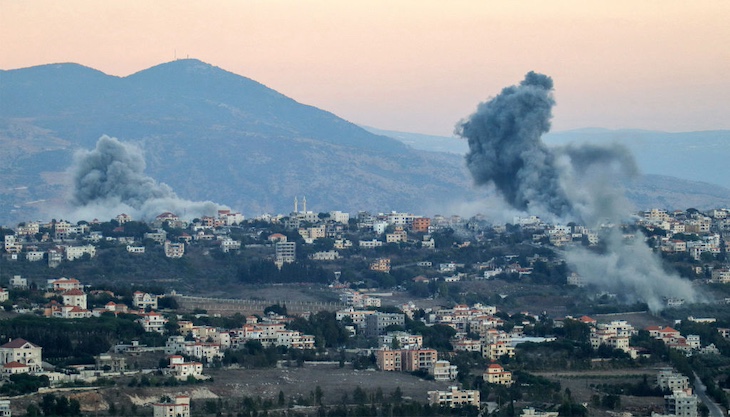As Israeli troops make incursions into southern Lebanon, in the wake of recent successful aerial and covert campaigns against Hezbollah, Tel Aviv appears ascendant. Iran, by contrast, seems on the back foot, at odds with its proxies and divided internally as to the way forward.
Israel’s response to Iran’s missile strikes, and the West’s ability to check Israel’s actions to prevent all-out war, will determine how the next 48 hours pan out. Iran has strongly signalled that it is relying on the US to curb Israel’s response to its missile strikes last night, a statement that carried with it a whiff of desperation.
Israel still can’t answer the crucial question that has hovered over this entire conflict: how does it end?
Wars in the region tend to follow a pattern, in which lightning early successes for the technologically advanced power (Israel) drag them into a ground conflict which turns into a counter-insurgency campaign in which morale suffers as the insurgents slowly make gains and the invading force loses men.

Britain’s best politics newsletters
You get two free articles each week when you sign up to The Spectator’s emails.
Already a subscriber? Log in






Comments
Join the debate for just £1 a month
Be part of the conversation with other Spectator readers by getting your first three months for £3.
UNLOCK ACCESS Just £1 a monthAlready a subscriber? Log in